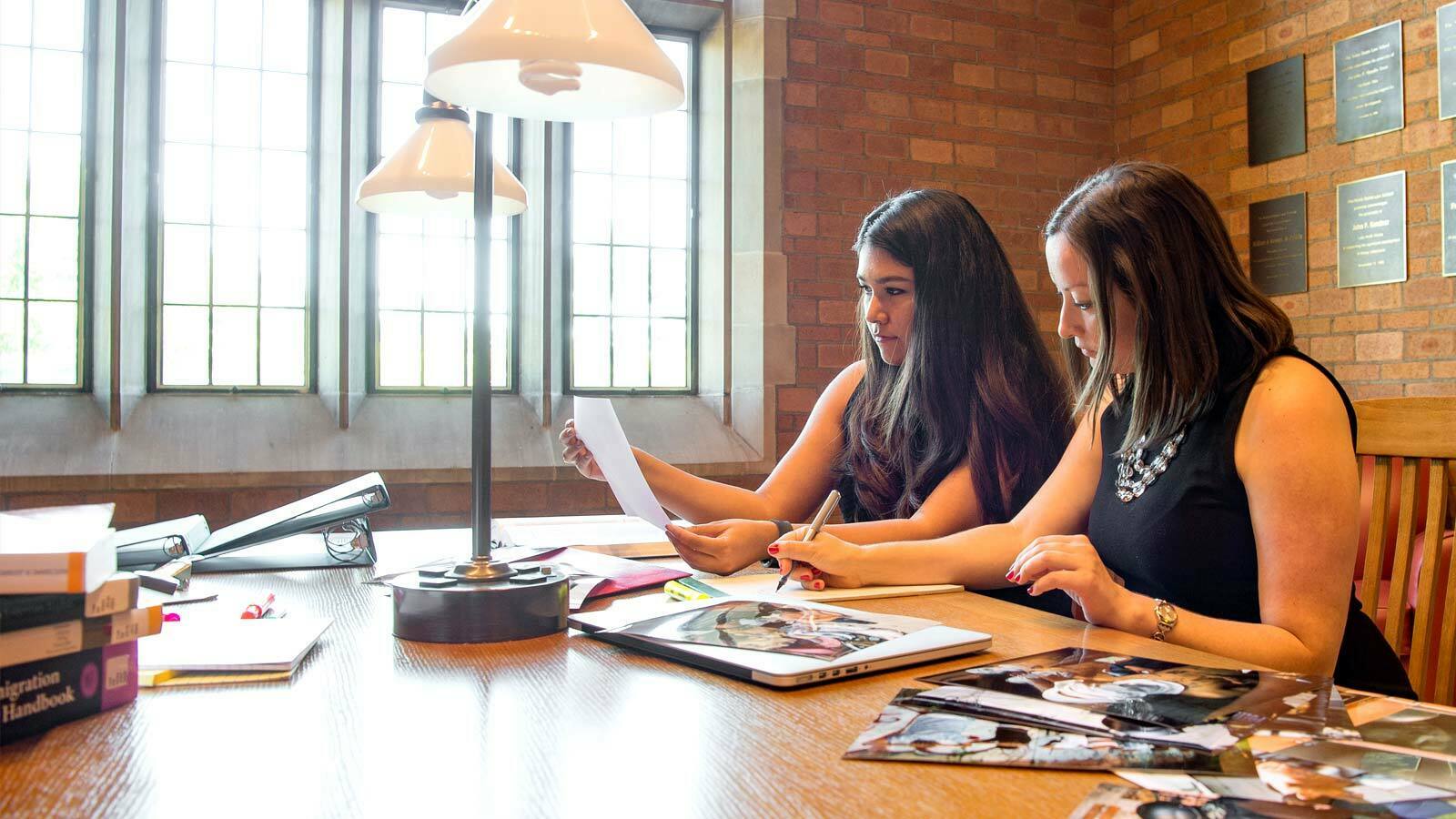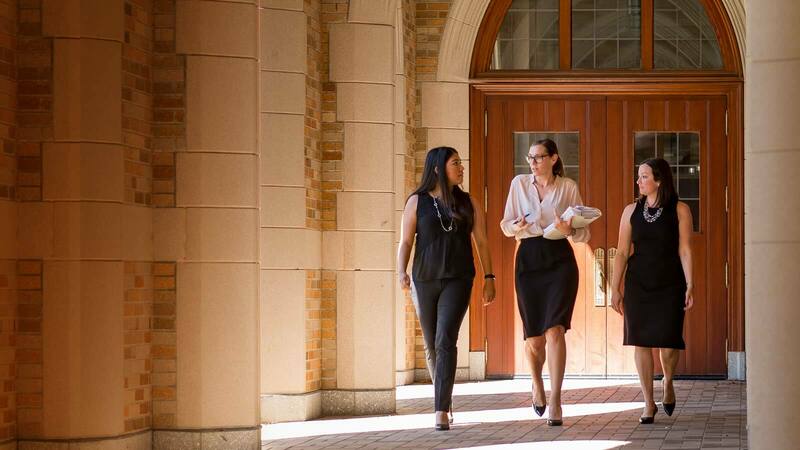Fighting to Protect the Innocent
“We have found you and we have given you time to enter the [gang]. You have had two opportunities to join and we will kill you if you don’t,” the note said. It was addressed to Ariel, a 14-year-old boy living in El Salvador with his mother and sisters. It continued to outline that the gang would slit his throat and kill his family if he did not pledge allegiance to their group. Knowing the police would be no help, his mother, Maria, knew she had to get Ariel out of El Salvador in order to save his life.
El Salvador was recently named the murder capital of the world, with a murder rate 22 times than that in the United States. Gang violence is a major contributor, with two main gangs warring for control and recruits. And the gangs don’t take loyalty lightly. Maria and Ariel had already watched a family member killed at the hands of the gang. They knew if they stayed Ariel would be forced to pledge or die.
After a treacherous 19-day journey, Ariel and Maria successfully crossed the border into the United States. Once in Texas, they declared their intention to seek asylum, telling police of what awaited them back in El Salvador. They were held at a family detention center for many months until bail was posted by family in northern Indiana. When they moved to be with family, their asylum case made it to the National Immigrant Justice Center (NIJC). Through its three locations, NIJC provides legal services to more than 10,000 individuals each year and has a better than 90 percent success rate in winning its cases, a rarity in the legal world. Lisa Koop, associate director of legal services at NIJC and an adjunct professor in the Law School, notes that more than half of asylum cases are denied.
Despite the case’s challenges, Koop decided two third-year law students at Notre Dame had the skills to tackle it. Christina Shakour and Stephanie Torres were both participating in the NIJC externship program at the Law School. The daughters of immigrants, they each sought out admission to Notre Dame because of its specialized immigration program that affords opportunities like the one at NIJC. Each semester, a handful of second- and third-year students are selected for the externship and the chance to provide immigration legal services to low-income clients. The students are also given instruction and mentorship from an NIJC attorney. This unique collaboration between Notre Dame and NIJC is a win-win. The students get hands-on training and experience, while NIJC is able to take on a few extra cases by leaning on the students’ contributions.
“Through this partnership with ND, we’re able to give counsel to clients who would have to self-represent otherwise,” Koop says. According to a study in the Cardozo Law Review, asylum seekers who self-represent are six times less likely to win their case, on top of the already slim odds of winning at all.
Fortunately for Maria and Ariel, Shakour and Torres would prove to be a formidable team. On top of their normal course load, the women worked up to 30 hours a week filling out immigration forms, interviewing the clients and family members, preparing the case little by little. It meant taking what they had learned in classrooms and mock courtrooms and putting it to real use to help a family in need. In total, they filed more than 300 pages of documentation to prove the family qualified for asylum.

After hours of preparation, Shakour and Torres presented the case before Immigration Court and obtained asylum for Maria and Ariel in the United States.
Though Shakour and Torres were still students, Maria underlines that she never doubted their abilities and had put her full trust in them.
“I prayed to God then put it in their hands,” Maria says through a translator. “From the time they took my case I was never scared.”
She continues, “It was the best thing that could have happened to us.”
Maria has found a full-time job and Ariel has enrolled in high school. They have a home. They’ve begun a safer life here, but the family’s journey is not yet over. Maria still has two young daughters in El Salvador to bring to the United States. Their road to protection has proven more challenging, even with NIJC on the case.
Because the well-being of the daughters is still in jeopardy in El Salvador, and because gang retaliation could still occur in the U.S., actors were used in the What Would You Fight For video.
The reality of what it takes to be granted asylum and how to navigate immigration law is daunting, but the challenge and meaningful results also entice students to continue this work even after graduation. Koop notes that many graduates take on immigration cases pro bono even if it doesn’t align with their full-time employment.
Torres is out west in a postgraduate legal fellowship at the Los Angeles City Attorney’s office. She hopes to take on immigration cases in the near future.
Shakour recently passed the bar and is working in South Bend at Sopko, Nussbaum, Inabnit & Kaczmarek. Her firm has agreed to let her take asylum cases through the NIJC.
“I intend to stay active in this type of work and potentially continue researching and advocating to improve the system for asylum seekers,” she says.
“[Notre Dame] affirmed my view that lawyers can be a force for good and help those in need.”
